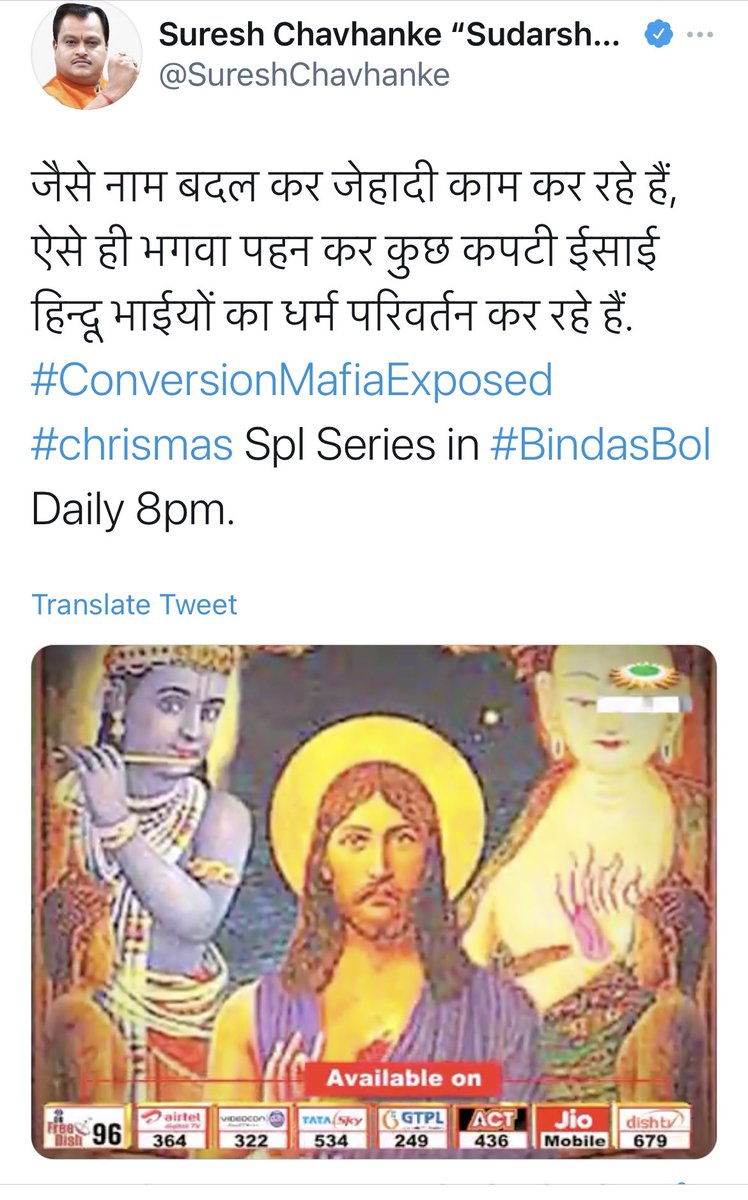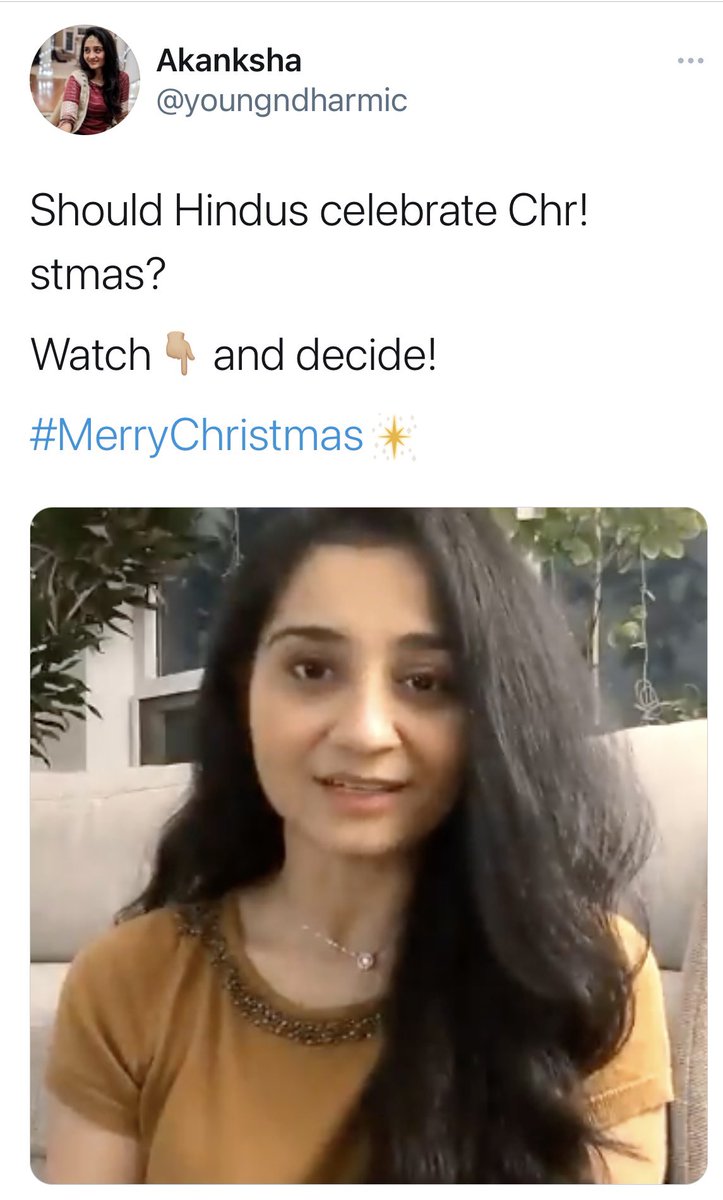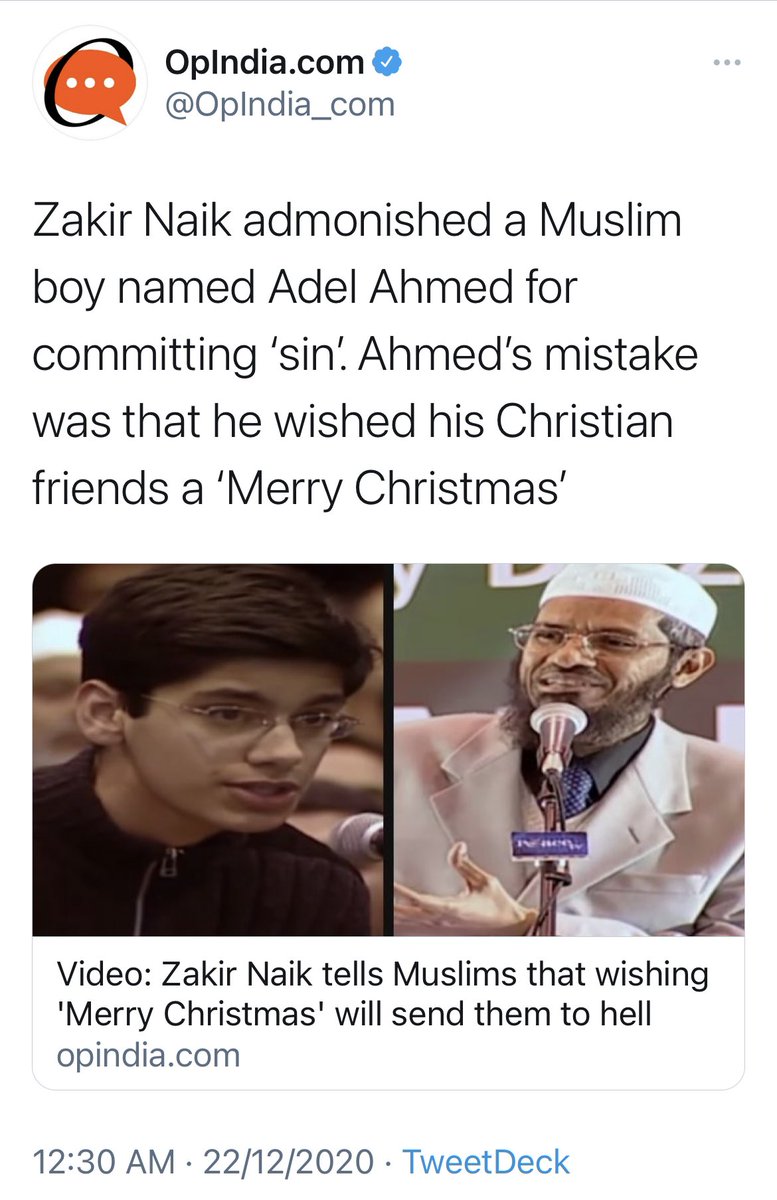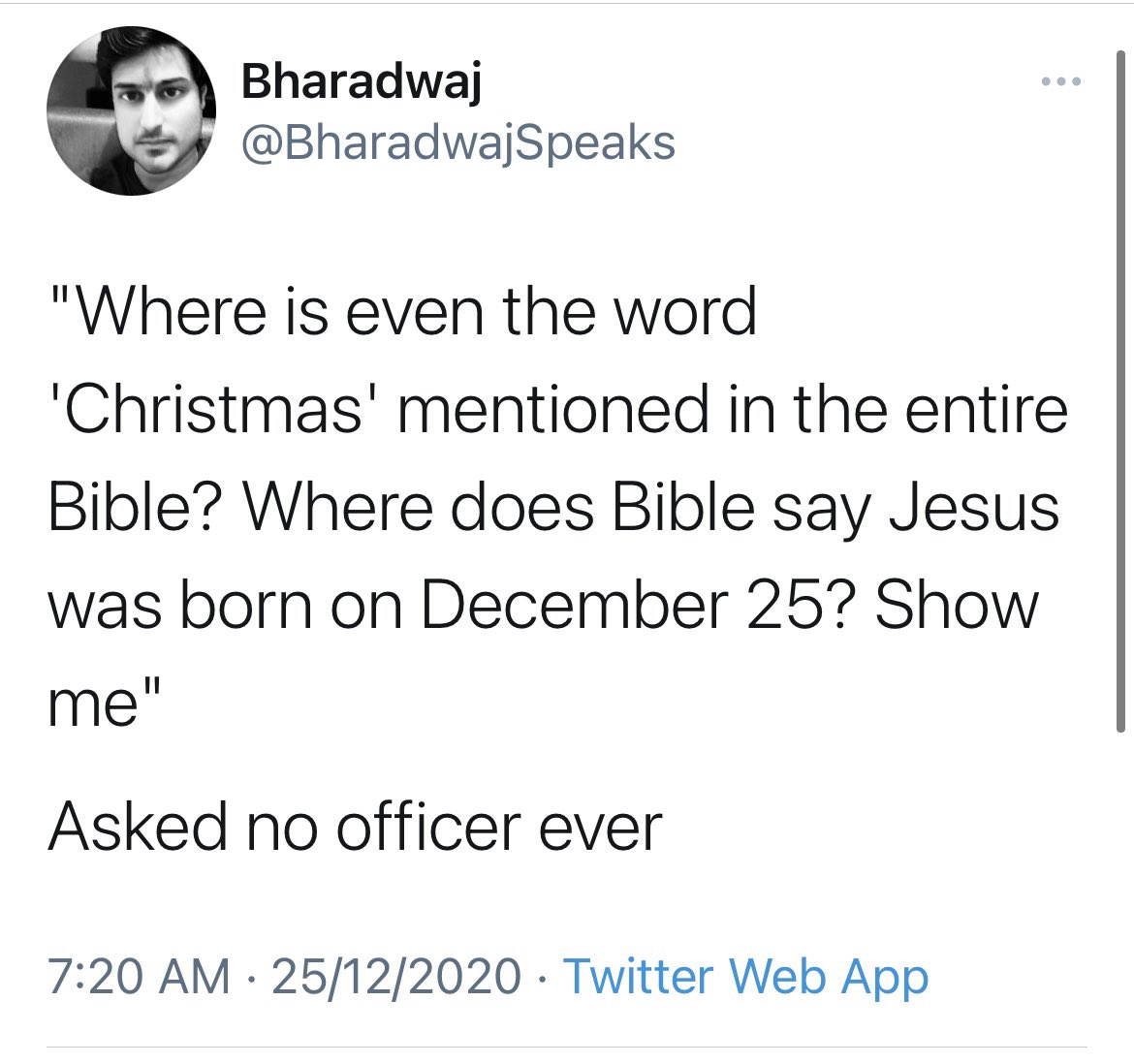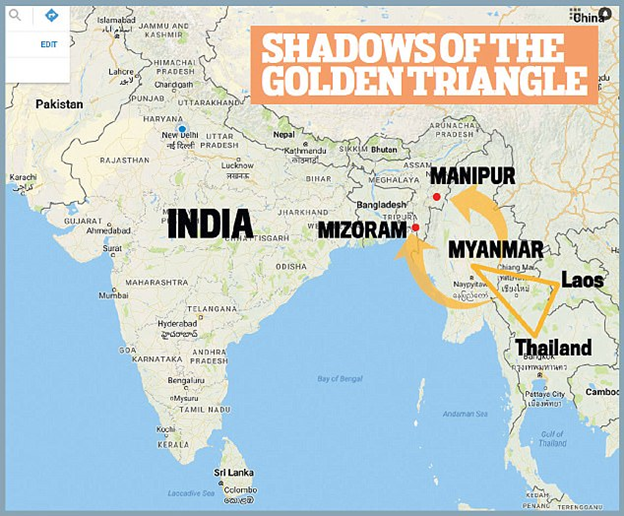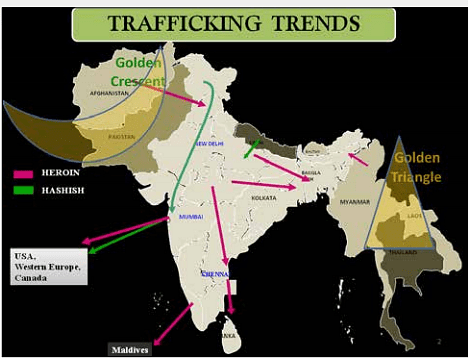It is past due time we talk about microaggressions on interviews (a thread #MedTwitter #AcademicTwitter):
First, microaggressions are harmful! Despite their name, they signal “you don’t belong here” to marginalized groups.
Second, interview days are already nerve-wrecking.
I didn’t have an opportunity to report most. When I shared once, I was told how the person had a “good heart” and is a leader so nothing can be done. Message received: power matters more than my hurt.
More from Twitter
Happy New Year everybody!
[THREAD] ⬇️
1/ Thread on how American Express
American Express is not like Visa and Mastercard. \U0001f4b3
— Ryan Reeves (@investing_city) May 15, 2020
The business model is much more like a bank than anything else. \U0001f3e6
Business Breakdown [THREAD] \U0001f447\U0001f3fd pic.twitter.com/PvlUST0rtl
2/ Thread on how Coca-Cola makes
Did you know that Coca-Cola makes the majority of its profit from selling its secret-formula of flavoring?
— Ryan Reeves (@investing_city) June 5, 2020
Business Breakdown [THREAD] pic.twitter.com/paPLCzHhpw
3/ Thread explaining popular software
Software terms are confusing right?!
— Ryan Reeves (@investing_city) August 21, 2020
I'll try my best to explain these concepts:
- Bookings
- Billings
- Revenue
- ARR
- DBNER
- DBGRR
- DBNRR
- Deferred Revenue
- RPO
[THREAD]
4/ On consistency
If, EVERYDAY, you:
— Ryan Reeves (@investing_city) July 13, 2020
- did 10 burpees
- read 20 pages of a book
- saved $10
That would probably put you in the top quartile for health, knowledge and wealth.
Consistency is extremely undervalued.
All related to
- Startups
- Entrepreneurship
- Indiehacker
- Wealth
- Health
- Life nd philosophy
I'll keep updating them regularly
Read below 👇
1. Getting reach without being luck, best tweet ever by
How to Get Rich (without getting lucky):
— Naval (@naval) May 31, 2018
2. On meditation by
Meditation - The Art of Doing Nothing:
— Naval (@naval) May 16, 2020
3. On college and eduction by
I\u2019ve gotten a lot of bad advice in my career and I see even more of it here on Twitter.
— Nick Huber (@sweatystartup) January 3, 2021
Time for a stiff drink and some truth you probably dont want to hear.
\U0001f447\U0001f447
4. "Deep Year" concept by
Obsessed with this idea:
— Jordan O'Connor (@jdnoc) July 28, 2020
Pick a niche I'm interested in.
Write/study daily about the topic.
Write 100 articles in a year.
Get SEO traffic.
Build email list.
Ask them what they want and build it.
Sell products (physical or digital).
Start fresh with a new niche next year.







